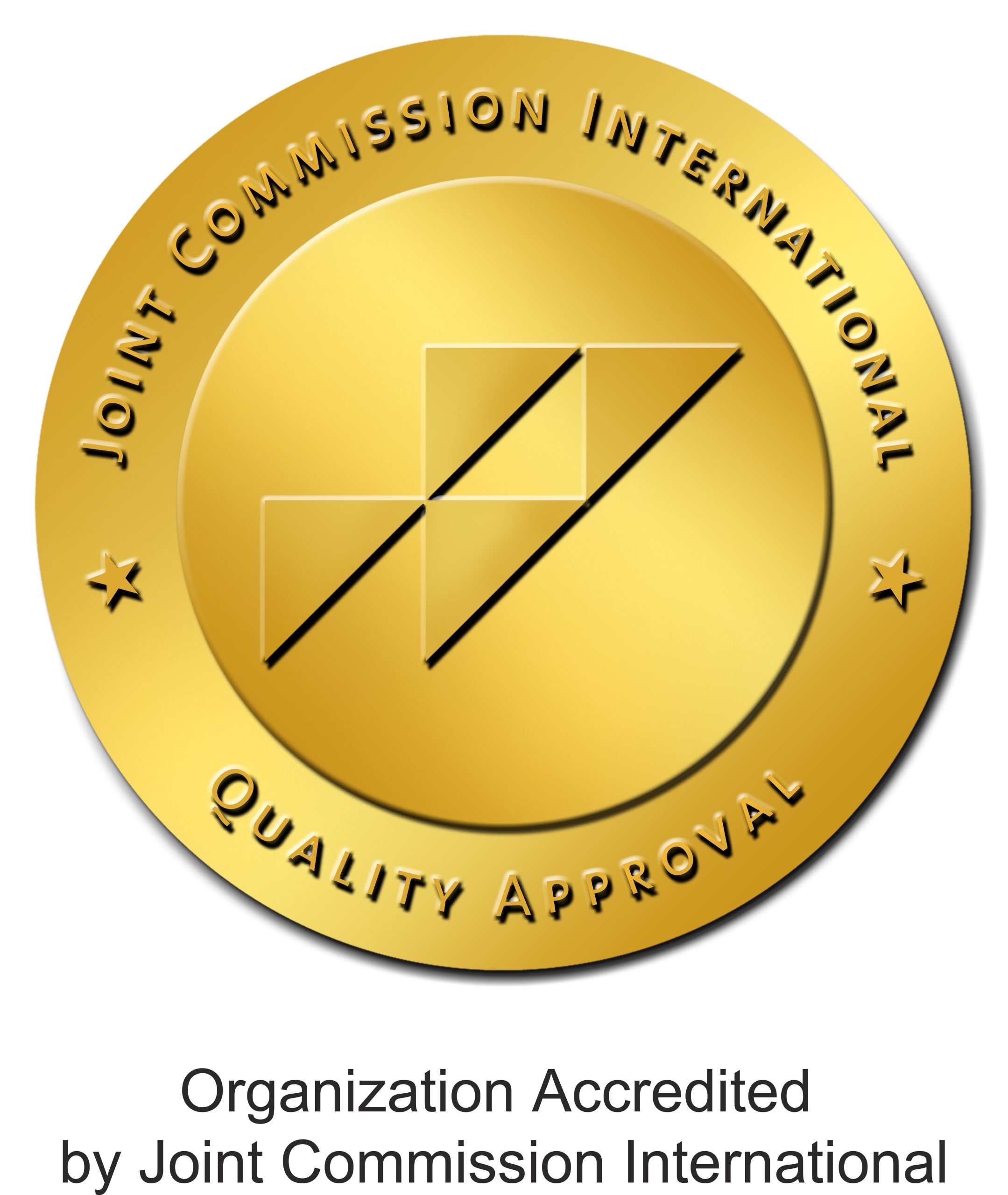Most children can control their bowels and are toilet trained by the time they are four years of age. Problems controlling bowel movements can cause soiling which leads to frustration and anger on part of the child, parents, teachers and other people important in the child’s life. In addition, social difficulties with this problem can be severe—the child is often made fun of by friends and avoided by adults. These problems can cause children to feel badly about themselves.
Some of the reasons for soiling are:
- problems during toilet training,
- physical disabilities, which make it hard for the child to clean him/herself,
- physical condition, for example chronic constipation, Hirschprung’s Disease,
- family or emotional problems.
Soiling which is not caused by a physical illness or disability is called encopresis. Children with encopresis may have other problems, such as short attention span, low frustration tolerance, hyperactivity and poor coordination. Occasionally, this problem with soiling starts with a stressful change in the child’s life, such as the birth of a sibling, separation/divorce of parents, family problems, or a move to a new home or school. Encopresis is more common in boys than in girls.
Although most children with soiling do not have a physical condition, they should have a complete physical evaluation by a family physician or pediatrician. If no physical causes are found, or if problems continue, the next step is an evaluation by a child and adolescent psychiatrist. The child and adolescent psychiatrist will review the results of the physical evaluation and then decide whether emotional problems are contributing to the encopresis.
Encopresis can be treated with a combination of educational, psychological and behavioral methods. Most children with encopresis can be helped, but progress can be slow and extended treatment may be necessary. Early treatment of a soiling or bowel control problem can help prevent and reduce social and emotional suffering and pain for the child and family.
Source: https://www.aacap.org



